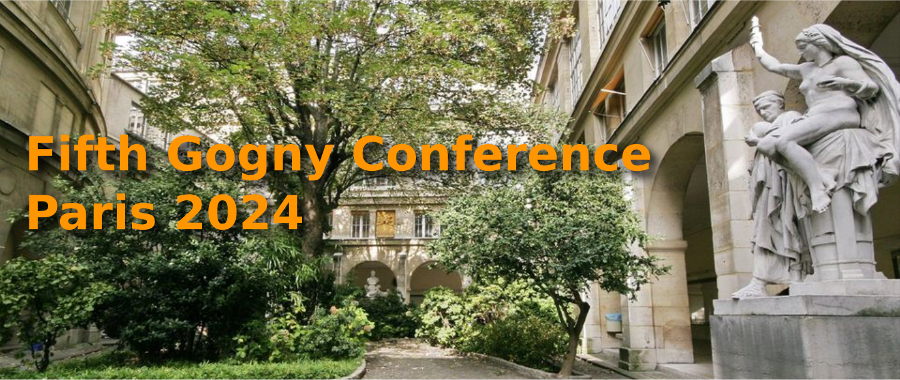Conveners
Quantum Computing
- Paul Indelicato
Atomic nuclei are complex many-body systems with a number of constituents ranging from very few to several hundreds. Among the difficult aspects, nuclei are self-bound systems that require the treatment of a continuum of wave functions in the Hilbert space. The nuclear strong interaction is scarcely known and highly non-perturbative, with the onset of multi-body interaction beyond the usual...
We present quantum algorithms for two appoaches to nuclear structure: Firstly, the quantum imaginary time approach to state preparation which we use to produce solutions to nuclear density functional theory in the case of simplified Skyrme interactions: Secondly, a variational quantum eigensolver approach to the nucelar shell model, where we make use of particular physics-inspired ansatz...
Digital and analog Quantum Computing provide in perspective an exceptional natural tool to solve time-dependent quantum many-body problems. A straightforward application might be that of predicting the outcome of nuclear reactions in a completely non-perturbative way once the nucleon-nucleon interaction Hamiltonian is given. In this talk some first attempt to implement, at least this scheme in...
Correlations present in the ground and excited states of nuclear systems are analyzed in terms of quantum information tools like quantum discord or various types of entropies. To establish the link several exactly soluble models are explored. Some preliminary results using more sophisticated setups will be presented
We present quantum algorithms for two appoaches to nuclear structure: Firstly, the quantum imaginary time approach to state preparation which we use to produce solutions to nuclear density functional theory in the case of simplified Skyrme interactions: Secondly, a variational quantum eigensolver approach to the nucelar shell model, where we make use of particular physics-inspired ansatz...

